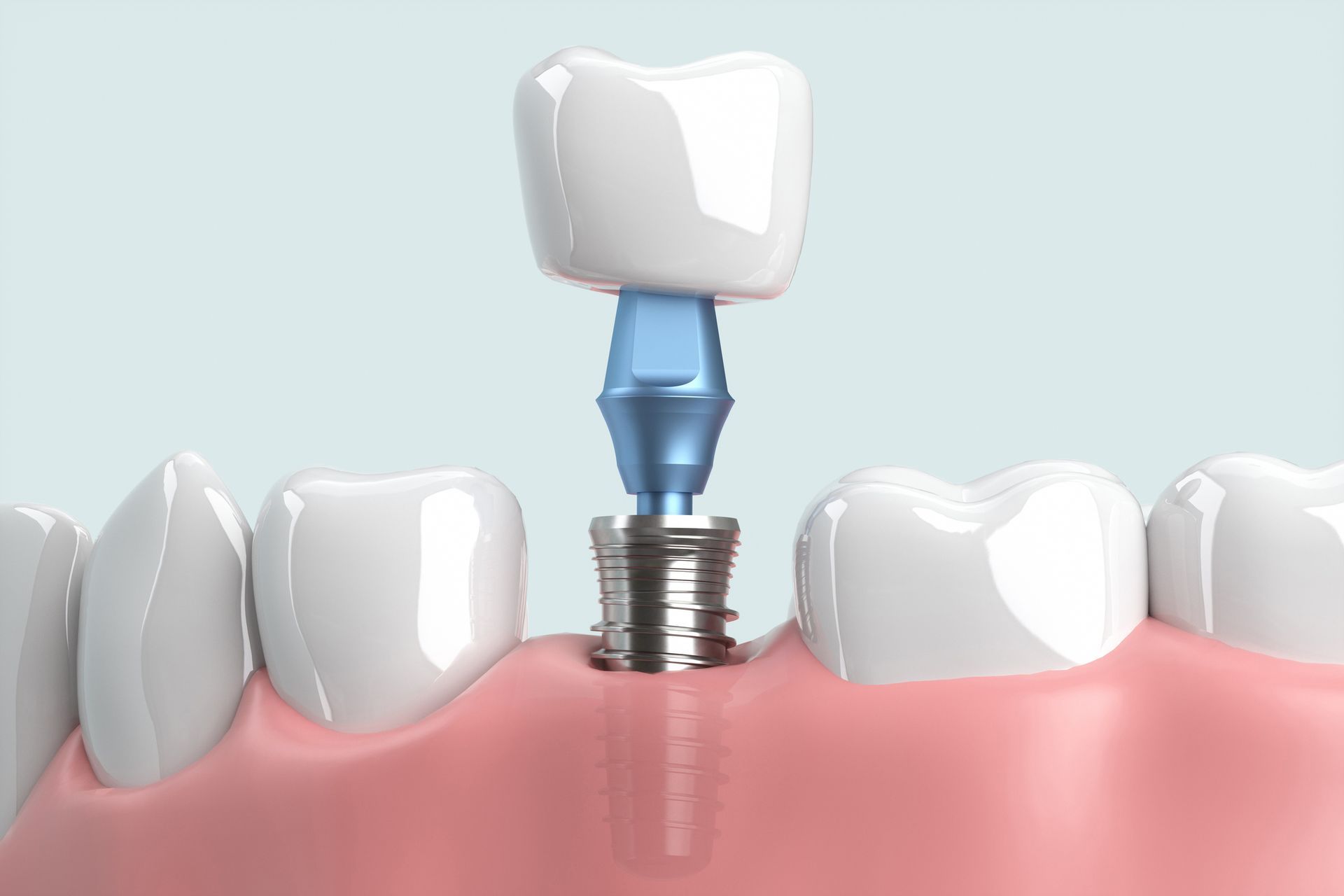Role of Nutrition in Gum Disease Treatment and Prevention
- By Admin
- •
- 02 Jan, 2024

Gum disease, also known as periodontal disease, is a common oral health issue. It ranges from mild gingivitis to severe periodontitis and can lead to tooth loss if left untreated.
While regular dental care is essential, the role of nutrition in preventing and treating gum disease should not be underestimated. This blog post explores the role of nutrition in treating and preventing gum disease.
The Top Nutrients Your Gums Need
Here are the top nutrients that are essential for maintaining healthy gums.
Calcium: The Building Block for Strong Teeth
Calcium is vital for dental health as it plays a key role in building and maintaining strong teeth and bones. It is the primary component of enamel, the outer layer of your teeth. Insufficient calcium intake can weaken enamel, making teeth more susceptible to decay and damage. Fortified foods and dairy products are excellent sources of calcium.
Vitamin D: Enhancing Calcium Absorption
Vitamin D facilitates calcium absorption in the body, ensuring this essential mineral is effectively utilized to maintain strong teeth. Exposure to sunlight is a natural way to boost vitamin D levels, and it can also be obtained from fatty fish, egg yolks, and fortified dairy products.
Vitamin C: The Gum Guardian
Vitamin C supports the production of collagen, a protein that provides structure to the gums and helps prevent gum disease. Citrus fruits, strawberries, bell peppers, and broccoli are excellent sources of vitamin C.
Antioxidants: Protecting Oral Tissues
Antioxidants are essential for combating oxidative stress and inflammation in the body, including the oral cavity. They help protect the gums and other oral tissues from damage caused by free radicals. Berries, nuts, green tea, and dark chocolate are rich in antioxidants, contributing to a healthier mouth.
Omega-3 Fatty Acids: Reducing Inflammation
Omega-3 fatty acids have anti-inflammatory properties that benefit both teeth and gums. Inflammation is a common factor in gum disease, and incorporating omega-3s into your diet can help reduce this risk, promoting optimal oral health.
Probiotics: Balancing Oral Microbiome
Maintaining a healthy balance of bacteria in the oral microbiome is crucial for preventing cavities and gum disease. Probiotics, often associated with gut health, also play a role in promoting oral well-being. Yogurt, kefir, and fermented foods contain beneficial bacteria that can positively influence your oral microbiome.
Foods to Limit or Avoid for Periodontal Health
Here are foods you should limit or avoid to promote optimal periodontal health.
Sugary Treats and Beverages
The bacteria in your mouth thrive on sugar, producing acids that can erode tooth enamel and lead to cavities. Additionally, excessive sugar consumption can contribute to inflammation in the gums, increasing the risk of periodontal diseases. Limiting the intake of candies, cookies, cakes, and sugary drinks is crucial for maintaining healthy gums and teeth.
Acidic Foods and Drinks
Acidic foods and drinks, such as citrus fruits, tomatoes, and fruit juices, can contribute to enamel erosion. It's advisable to balance your diet with alkaline foods and drink plenty of water to help neutralize acids and maintain a healthy pH level in your mouth.
Sticky and Chewy Foods
Sticky and chewy foods tend to adhere to the surfaces of your teeth, creating an environment where bacteria can flourish. Additionally, chewing on sticky or chewy items can sometimes damage dental work or irritate sensitive gums. Choose healthier alternatives like crunchy fruits and vegetables to satisfy your snack cravings without compromising your periodontal health.
Carbonated Drinks
Carbonated drinks are often loaded with sugars or artificial sweeteners, but carbonation can also contribute to enamel erosion. Opt for still water or herbal teas as refreshing alternatives to keep your gums and teeth in good condition.
Achieving and maintaining a radiant smile goes beyond brushing and flossing; it involves nourishing your body with the right nutrients. By incorporating these essential nutrients into your diet, you're investing in a beautiful smile and the long-term health of your teeth and gums. Contact Bradley Piotrowski, DDS, MSD, LLC, if you have any questions













